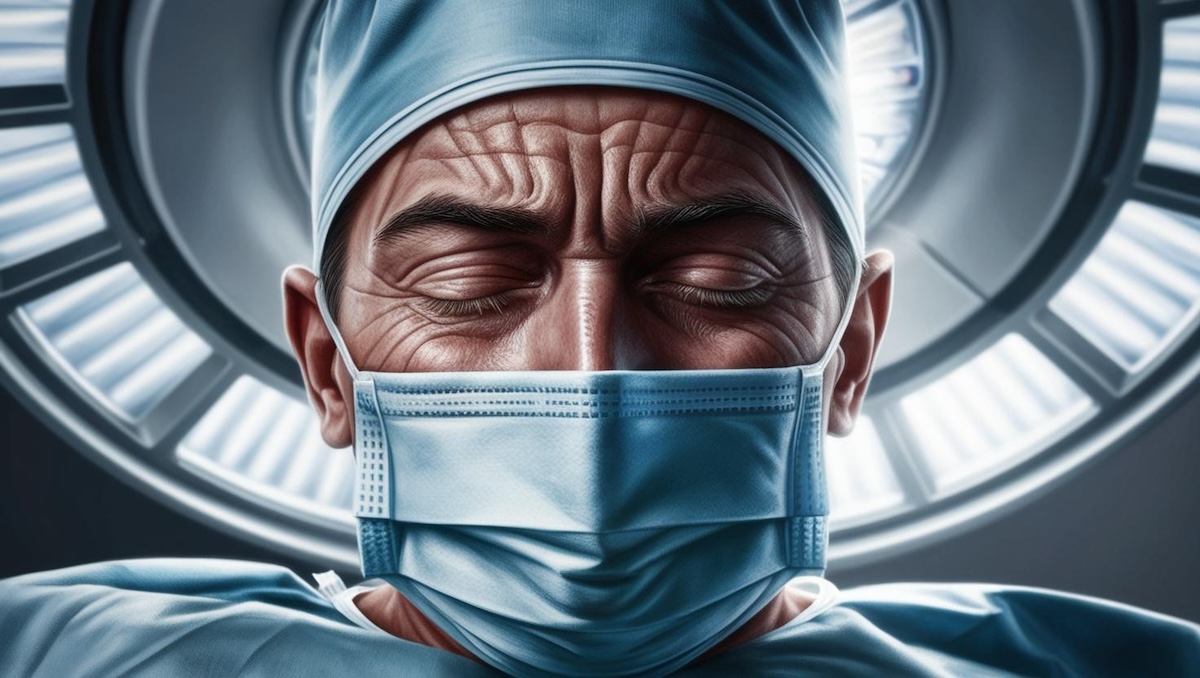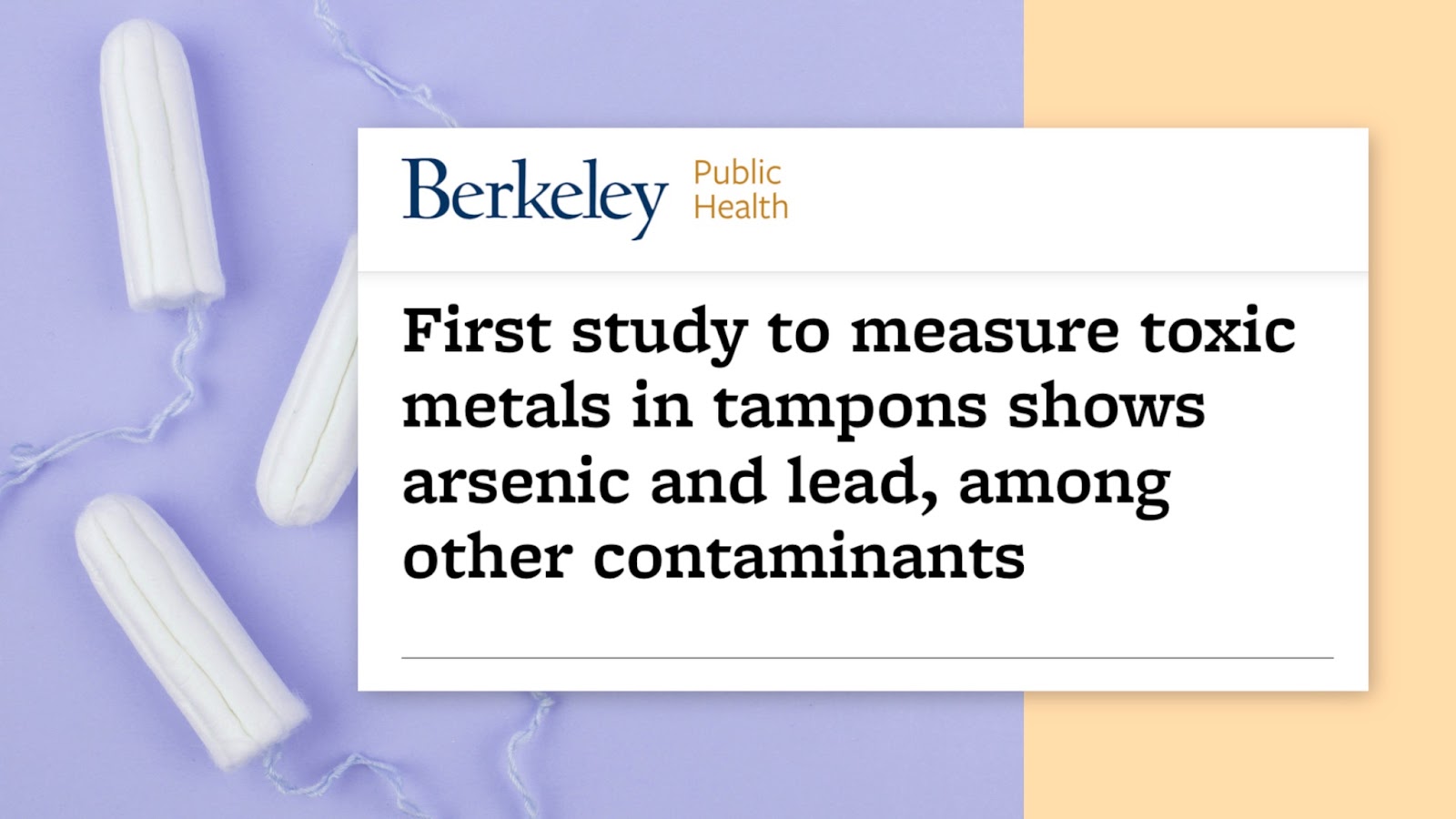Welcome back to the Doctor Rich channel! So you have endometriosis. Did your mother give you painful periods? Is this hereditary? Make sure to stay around until the end to find out crazy risk factors for endometriosis — that you’ve never heard of!
Don’t have time to read this post? Watch the video here instead!
We recently got a comment from viewer Abhimanika. There’s a lot to unpack here — but basically, she explains that she didn’t previously have painful periods, but now she does. Her family doesn’t pay attention. The pain is still there even though she’s using over-the-counter Tylenol, and she’s wondering if it’s in her head. Specifically, in this question, she’s asking why she has it if no one in her family has had it before.
So ten percent of all women have endometriosis — but there’s certain populations that are much more likely. 50% of women with infertility have endometriosis, and 70% of women with pelvic pain have endometriosis.
Specific risk factors for endometriosis include never being pregnant, starting your periods early or ending your periods late (like a late menopause), and heavy periods. Also, there are certain birth defects of the uterus that can cause endometriosis.
Some risk factors that might surprise you are height greater than 68 inches…
[Doctor Rich turns to quiz his son Colton, who is in the studio]
Colton, how tall is that?
Colton:
5’8”
Doctor Rich:
Okay, five foot eight. Consumption of trans unsaturated fats, being underweight (or having a low body mass index), and severe sexual abuse during adolescence are also risk factors for developing endometriosis.
So what risk factors or behaviors are protective to prevent endometriosis? Having multiple births, starting your period late (later than age fourteen), consumption of long-chain, omega-3 fatty acids…
[Doctor Rich laughs at someone offscreen]
You’re calling me a fatty acid?
Also, there’s a role with race — with white and Asian being an increased risk factor for endometriosis and black and Hispanic being protective (with less risk) of endometriosis. And birth control pills were actually protective to prevent the formation of endometriomas — which are endometriosis tumors on the ovary. In one study, 14% of women developed these types of cysts (who had endometriosis) that were on birth control, and 49% of women developed endometriomas who did NOT take birth control.
So the question is, “Does having family members with endometriosis make it more likely for YOU to have endometriosis?”
And it does — that’s a risk factor. But women can also have it if no family history exists!
So what should you do if you have questions or concerns about endometriosis?
[Doctor Rich laughs at a comment off-camera, and a picture of the “SpongeBob” character Squidward appears on screen]
Ask Squidward?! (That’s what my son said!)
So what do you do if you have a family history of endometriosis (or some other risk factor) or if you have pain — and DON’T have a risk factor? Either way, you should seek out an opinion with a physician — preferably a specialist in removing endometriosis.
I’d like to thank Abhimanika for sharing her story! Drop your story in the comment section below for a chance to be featured in our next video, and please share and subscribe.




